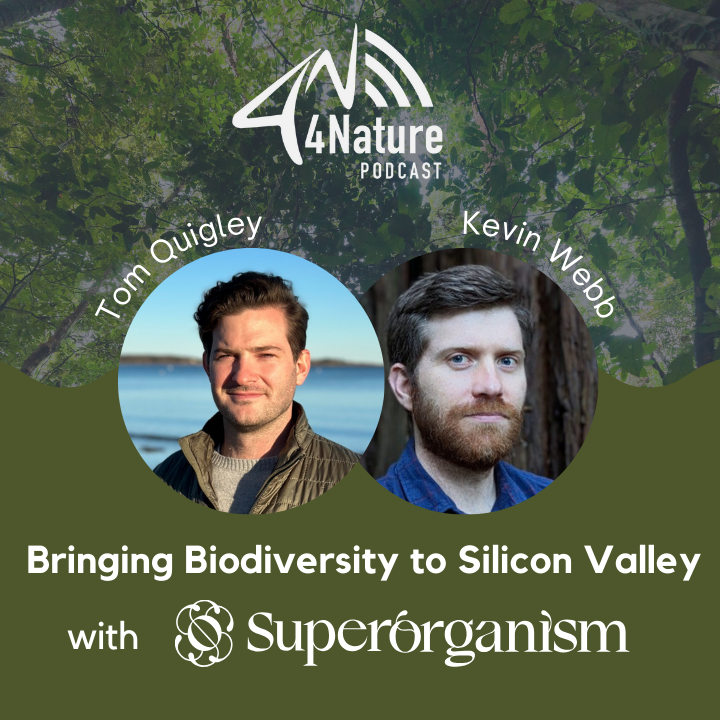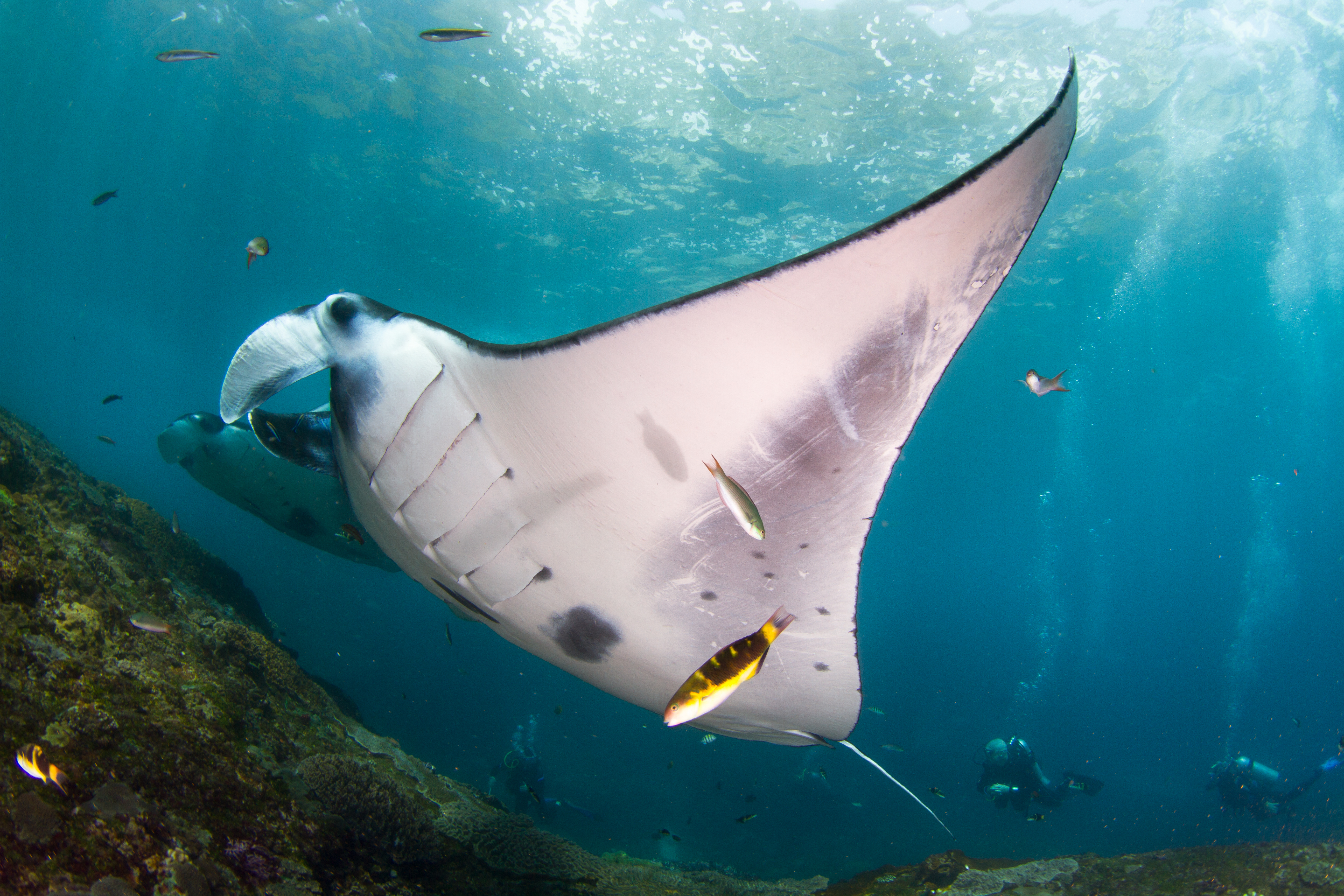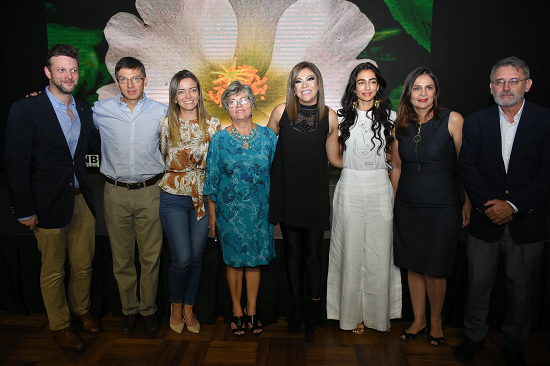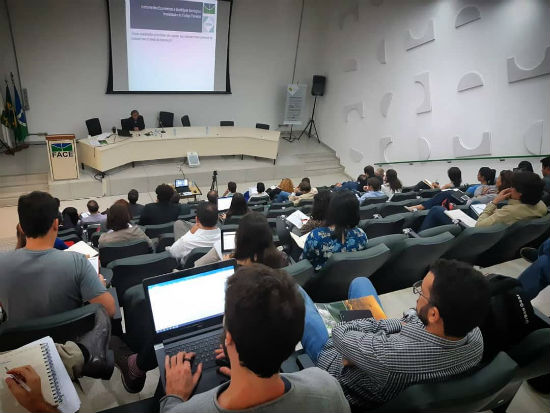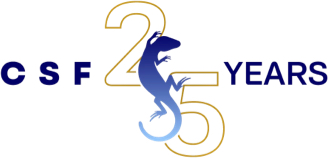News
A 4Nature Podcast Interview with Kevin Webb and Tom Quigley, co-founders of Superorganism, the world's first venture capital firm for biodiversity.
Indonesia is on the brink of a groundbreaking transformation in its economic landscape. The Koalisi Ekonomi Membumi (KEM) or Earth-Based Economy Coalition is spearheading a movement that aims to accelerate the growth of a sustainable investment ecosystem, one that not only highlights the nation’s rich local wisdom but also safeguards its precious forests and peatlands.
I recently returned from my first Conference of the Parties (COP) from the UN Convention on Biological Diversity (CBD) that took place in Montreal, Canada. I was inspired by the events I attended, the positivity and hope surrounding our meetings and objectives, and by the final agreement on the Kunming-Montreal Global Biodiversity Framework (GBF). I can only imagine what it must have taken to get 190+ countries to agree on the 23 targets in those final few hours of the conference.
Conservation Strategy Fund has just released a milestone study of the costs and benefits of the Illegal Wildlife Trade (IWT) in Southern Africa, in a project financed by USAID. Our findings call for more widespread use of economics to make smarter and more effective investments in curbing IWT.
In 2018, Conservation Strategy Fund (CSF) and our partner Oceana conducted a cost-benefit analysis (CBA) to assess the creation of the proposed Nazca Ridge Marine Protected Area (MPA) located off the coast of central Peru. Our analysis estimated the benefits from the creation of a proposed MPA 100 kilometers offshore and found that the benefits to conserving the marine ecosystem far outweighed the costs of management.
Conservation Strategy Fund is proud to announce our membership with the International Union for Conservation of Nature (IUCN), the world’s oldest and largest global environmental network and a global authority on protecting the natural world. By bringing together top experts and organizations, IUCN aims to forward conservation work and advance global sustainable development in over 160 countries.
Photo credit: Shutterstock.com
On August 7th, 2018, CSF-Brazil, the Forest Code Observatory (OCF) and the Brazilian Biodiversity Fund (Funbio) facilitated a "Dialogue on economic instruments and ecological identity for the Forest Code implementation." Forty-five professionals, representing government, research institutions and rural producers, attended the event in Brasília. The dialogue provided a forum to discuss possible ways of implementing the provisions of the Forest Code (Law 12.651 / 2012), including economic incentives, Legal Reserves (LRs) compensation, and the ecological identity requirement for compensation - according to the ruling of the Supreme Court Federal Court (STF) in February 2018 - with a special focus on the Environmental Reserve Quotas (CRAs) market.

